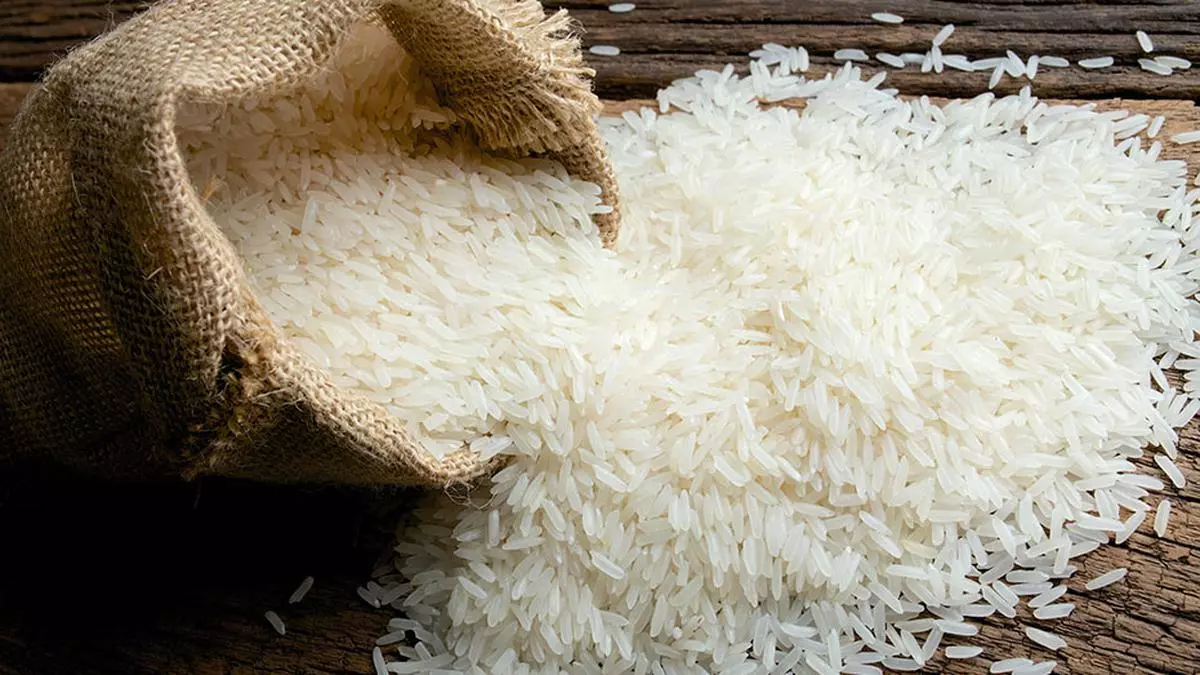Basmati rice export to get a boost from India-UAE currency trade
Basmati exporters hope to achieve steady returns after the currency trade agreement between the UAE and India. This is likely to give a boost to Iran’s window through Dubai to reduce the risk of default. Iran is an important destination for Indian basmati, and it remains among the top five destinations.
Basmati rice shipments increased to 4.56 million tons valued at $4.79 billion (Rs. 38,524 crore) during fiscal 2022-23 from 3.94 million tons in 2021-22. Unit value realization from export last year rose to $1,050 per tonne from $897 in 2021-22. Besides, global uncertainty due to the conflict between Ukraine and Russia, and partial restrictions on the export of non-basmati rice—banning the broken variety and 20 percent duty on unboiled rice—also had some impact on basmati prices.
“Business with Iran will definitely get a boost,” said Vijay Setia, former president of the All India Rice Exporters Association (AIREA), referring to the existing trade agreement. He said that Iranian businessmen residing in the UAE prefer bartering because they have establishments in both countries. Currently, many Iranian businessmen are facing problems in clearing payments despite the existing rupee trade. Setia said that with the new agreement, the re-export of basmati to Iran from Dubai will increase.
Under the agreement between the Reserve Bank of India and the Central Bank of the UAE, the two agencies will set up a framework to promote the use of local currencies (rupees and dirhams) in cross-border transactions. Another memorandum of understanding, also between the two central banks, aims to link “payment and messaging systems”.
Less fluctuations
When the value of a currency (in US dollars) increases, issuers face a loss and when it depreciates, there is a gain. By switching to the local currency, such fluctuations can be avoided, which is very important for the basmati trade, said Vinod Kaul, CEO of AIREA.
“Transactions will definitely become much easier. However, it is too early to get a clear picture as the agreement has just been announced. He said there are several other steps to be defined including nominating one or more banks, opening a Vostro account and also creating a pool.
Furthermore, Cole said the risk of default (from Iran) will likely be reduced. “Exports will be accelerated and the possibility of increasing shipments to Iran will always exist,” he added.
Basmati rice exports to the UAE reached 3,15,313 tons and to Iran 9,98,879 tons in 2022-2023.
